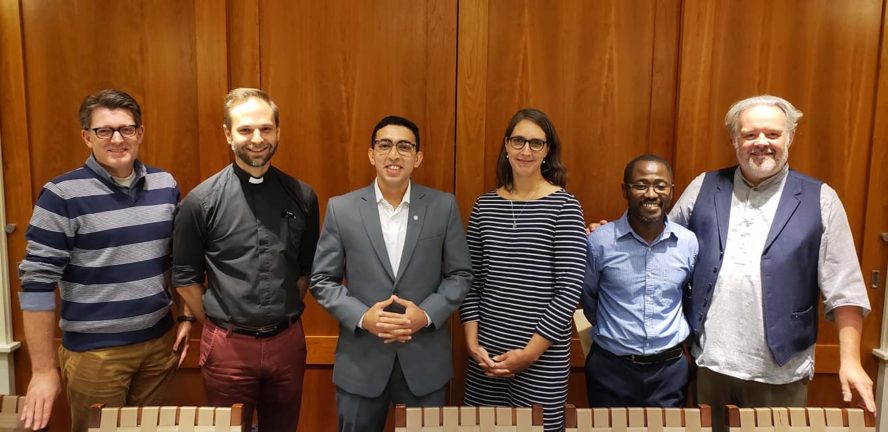“Beyond Kumbayah: Dealing with Doubt in Faith”
Thursday, September 26, 2019 at the W&L Hillel multipurpose room, from 5:30-7:00 pm
Faith does not always come neatly wrapped. It is not impossible for people of faith to have occasional doubts about their faith. If we didn’t have doubts, we would not be human. Doubt is not necessarily synonymous to lack of faith. In fact, while unresolved doubt may or may not lead to loss of faith, questioning what we believe may actually lead us to stronger convictions, hence a healthier faith. As French Enlightenment philosopher Dennis Diderot said, “That which has never been questioned has never been proven. Skepticism is the first step towards truth.”
The goal of this discussion is to allow members of the panel (and eventually the audience) to speak openly and confidently about how they may have faced and dealt with challenges to their faith, both from within themselves and their specific faith tradition and from outside.
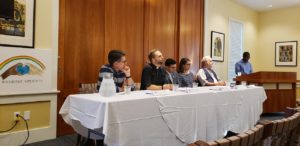

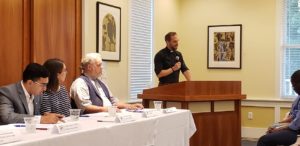
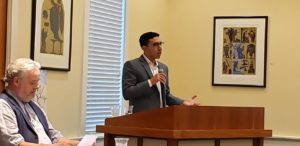
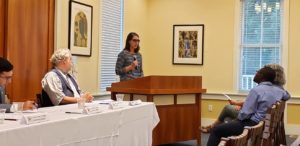
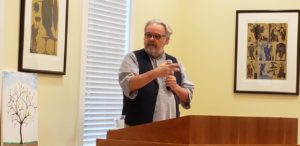
Faith and Doubt
Lama Tsony
Depend on the teaching and not on the teacher
Depend on the meaning and not on the words
Depend on the depth and not on the surface
Depend on wisdom and not on concepts
The Four Noble truths are the essence of what the Buddha taught.
The Buddhist path consists in the commitment to become a person in which the path to liberation can unfold as the practice of the three trainings (Ethic, meditation and discernment).
An open mind is the necessary preliminary for such endeavor.
I order to cultivate this; it is vital to understand the qualities of the Buddha, his teaching, and the fellowship by whom this teaching is upheld. This is the Buddhist threefold foundation, or refuge.
Four crucial circumstances causes of faith:
Association with authentic spiritual master.
Association with wholesome friends.
Mindfulness of the qualities of the threefold foundation.
Reflection on the miseries of an existence conditioned by ignorance, habitual patterns and mental affliction such as anger, delusion and greed.
Faith
The first experience is known as vivid faith. It is a sense of joy felt in response to the qualities of the scriptural teachings discovered through study, reflection and meditation.
Studying scriptures and reasoning frees from the obscuration of ignorance.
Contemplating the oral instructions conquers the darkness of doubt.
The light born of meditation illuminates the natural state, just as it is.
May the brilliance of these three wisdoms increase!
Subsequently, the yearning faith arises as a desire to emulate such qualities within oneself, with the same urgency and eagerness with which bees are drawn to flowers.
Later, with the confident faith, one experiences a sense of complete trust in the four noble truths and a confidence in the spiritual master who sets forth the teachings on what is to be abandoned and what is to be adopted.
Finally, there arises an irreversible faith, by virtue of which it becomes impossible to tum away from the threefold foundation, though one’s very life be at stake.

